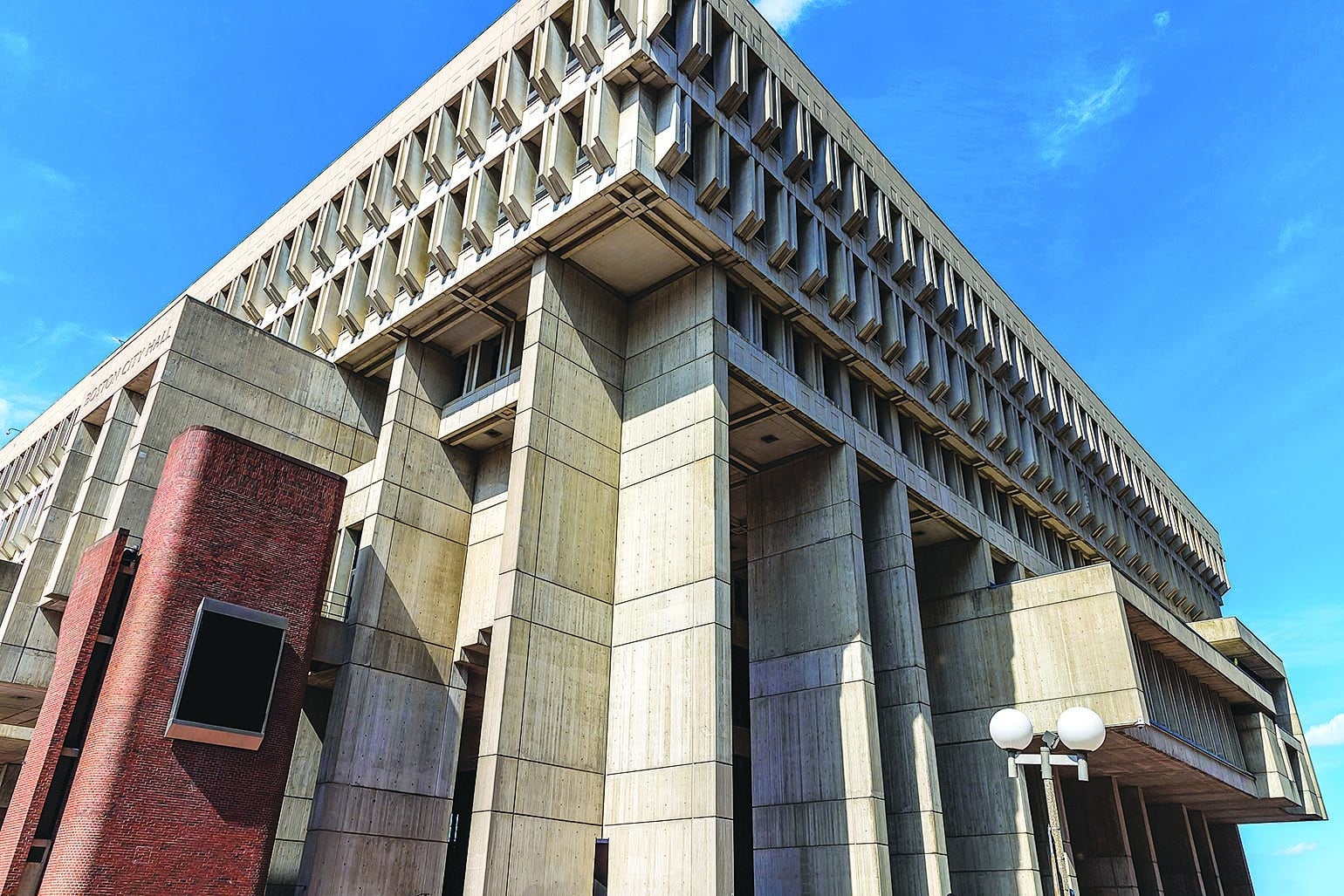stick n move
Superstar
- Joined
- Oct 14, 2009
- Messages
- 12,054
- Reaction score
- 18,767
Wu unveils plans to revamp Boston’s decades-old rules for what can be built where

“The city of Boston will update its zoning code — a labyrinthine, nearly 4,000-page document guiding what’s allowed to be built and where — for the first time in nearly six decades, Mayor Michelle Wu said Wednesday.
The overhaul will start with restructuring the Boston Planning and Development Agency’s planning department to create teams focused on zoning reform and compliance, with the hopes of relying less on the Zoning Board of Appeal in the future.
Almost every new real estate development of any size in Boston requires a zoning variance — just a handful are “as of right,” or allowable under the current zoning parameters — and the majority of projects, large or small, end up in front of the ZBA. (Indeed, the board has decided on 220 projects just since June.) Wu’s plan aims to streamline that, creating clearer, modernized rules for what can be built where that would reduce the amount of time many projects spend in permitting and community review.
Some of Bronin’s suggestions include reversing the city’s “longstanding practice of neighborhood-specific zoning” and culling the code to 500 pages, creating a mixed-use zoning district, and emphasizing growth and additional housing near MBTA stations.
“A significant contributor to the zoning code’s current state is the dominance of neighborhood-specific, rather than citywide, planning,” Bronin’s report states. “This proposal requires a significant mindset shift, given the entrenched nature of the neighborhood-planning to-neighborhood-zoning pipeline. But neighborhoods, and the people who live and work in them, will be better off without convoluted, outdated code provisions interfering with their plans and their property rights.”
Arthur Jemison, whom Wu tapped as both BPDA director and Boston’s chief of planning, said the agency would seriously consider the report’s recommendations — including incorporating design recommendations “that improve equitable access but protect the ability for neighborhoods to maintain their unique character.”
“We need a solid policy foundation and a modern zoning code to enforce a structure of accountability for growth,” Jemison said in a statement.”
https://www.bostonglobe.com/2023/09/13/business/boston-zoning-code-wu-revamp/
“The city of Boston will update its zoning code — a labyrinthine, nearly 4,000-page document guiding what’s allowed to be built and where — for the first time in nearly six decades, Mayor Michelle Wu said Wednesday.
The overhaul will start with restructuring the Boston Planning and Development Agency’s planning department to create teams focused on zoning reform and compliance, with the hopes of relying less on the Zoning Board of Appeal in the future.
Almost every new real estate development of any size in Boston requires a zoning variance — just a handful are “as of right,” or allowable under the current zoning parameters — and the majority of projects, large or small, end up in front of the ZBA. (Indeed, the board has decided on 220 projects just since June.) Wu’s plan aims to streamline that, creating clearer, modernized rules for what can be built where that would reduce the amount of time many projects spend in permitting and community review.
Some of Bronin’s suggestions include reversing the city’s “longstanding practice of neighborhood-specific zoning” and culling the code to 500 pages, creating a mixed-use zoning district, and emphasizing growth and additional housing near MBTA stations.
“A significant contributor to the zoning code’s current state is the dominance of neighborhood-specific, rather than citywide, planning,” Bronin’s report states. “This proposal requires a significant mindset shift, given the entrenched nature of the neighborhood-planning to-neighborhood-zoning pipeline. But neighborhoods, and the people who live and work in them, will be better off without convoluted, outdated code provisions interfering with their plans and their property rights.”
Arthur Jemison, whom Wu tapped as both BPDA director and Boston’s chief of planning, said the agency would seriously consider the report’s recommendations — including incorporating design recommendations “that improve equitable access but protect the ability for neighborhoods to maintain their unique character.”
“We need a solid policy foundation and a modern zoning code to enforce a structure of accountability for growth,” Jemison said in a statement.”
https://www.bostonglobe.com/2023/09/13/business/boston-zoning-code-wu-revamp/



